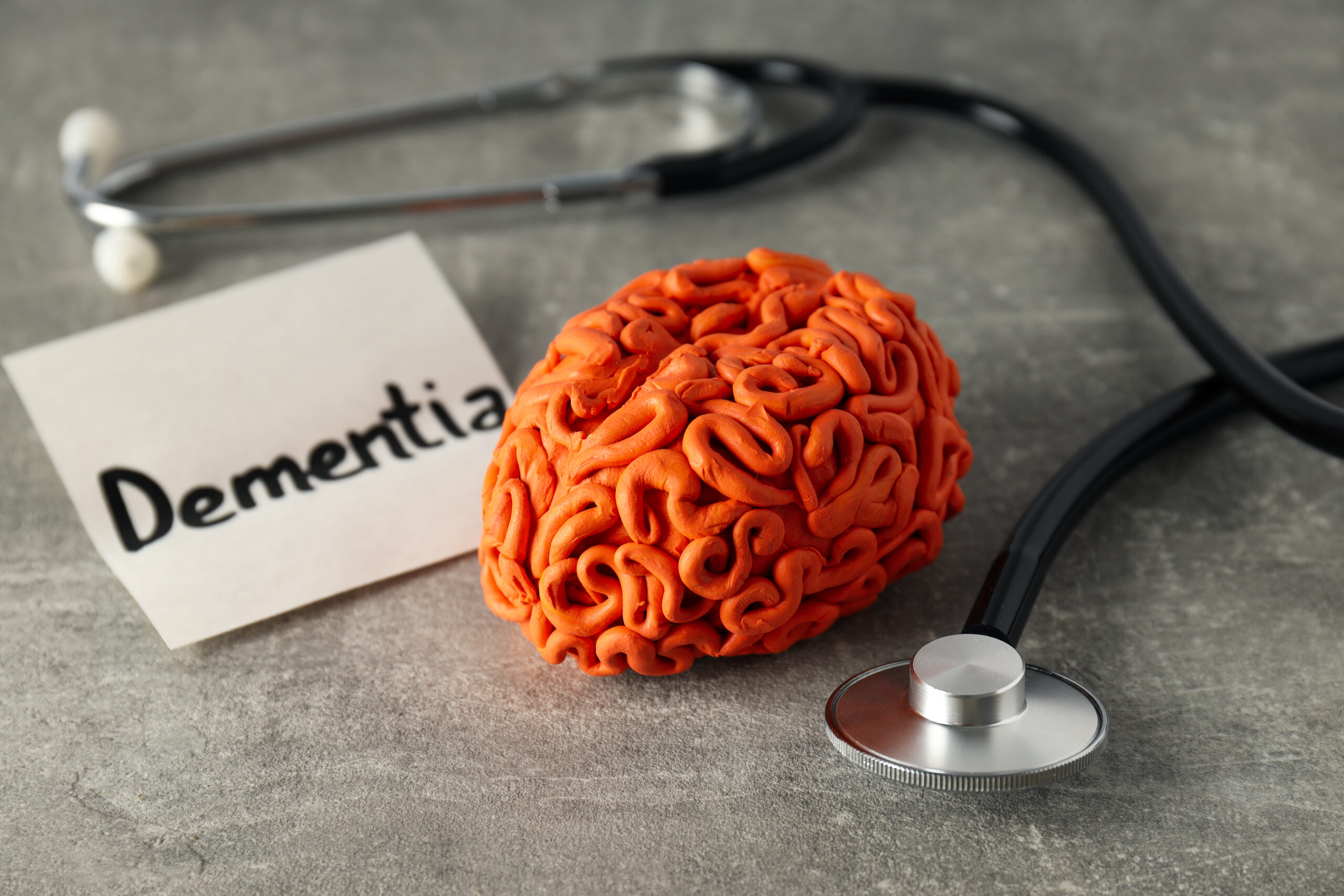What is Dementia?
Dementia is a group of symptoms that affect memory, thinking, and daily life. It is not a single disease. Instead, it describes problems with brain function. Many people think dementia is just forgetfulness. However, it can also change how a person acts and feels. Early signs of dementia may include trouble remembering names or recent events. Over time, these problems can get worse. According to the World Health Organization (WHO), dementia is a leading cause of disability in older adults.
Common Symptoms of Dementia
Dementia symptoms can vary from person to person. Still, some signs are common. Recognizing these early can help with treatment. Common symptoms include:
Sometimes, people may also have trouble judging distances or recognizing faces. If you notice these signs, it is important to talk to a doctor.
Causes and Risk Factors
Dementia has many causes. The most common cause is Alzheimer’s disease. Other causes include stroke, head injury, or certain infections. Some risk factors can increase your chances of developing dementia. These include:
While some risk factors cannot be changed, others can be managed with healthy habits.
How Dementia is Diagnosed
Doctors use several steps to diagnose dementia. First, they ask about symptoms and medical history. Next, they may do a physical exam and simple memory tests. Sometimes, doctors order blood tests or brain scans. These tests help rule out other causes of memory loss. Early diagnosis is important. It allows for better planning and care. If you notice early signs of dementia, seek medical advice soon.
Treatment Options for Dementia
There is no cure for most types of dementia. However, treatment can help manage symptoms. Doctors may prescribe medicines to improve memory or mood. In addition, therapy and support groups can help both patients and families. Common dementia treatment options include:
With the right care, many people can live well for years after diagnosis.
Lifestyle Tips and Daily Management
Managing dementia at home can be challenging. Still, simple changes can make life easier. Here are some helpful tips:
With support, people with dementia can enjoy many activities. Family and friends play a big role in daily care.
Prevention Strategies
Although not all cases can be prevented, some steps may lower your risk. Research suggests that healthy habits protect brain health. To help prevent dementia, try these strategies:
Even small changes can make a difference over time. Talk to your doctor about ways to keep your brain healthy.
When to Seek Medical Help
If you or a loved one notice memory loss or changes in thinking, do not wait. Early signs of dementia should be checked by a healthcare provider. Sometimes, other health problems can cause similar symptoms. Only a doctor can make the right diagnosis. Early help can lead to better care and support.
If you or a loved one show signs of dementia, consult a healthcare specialist for personalized advice.

